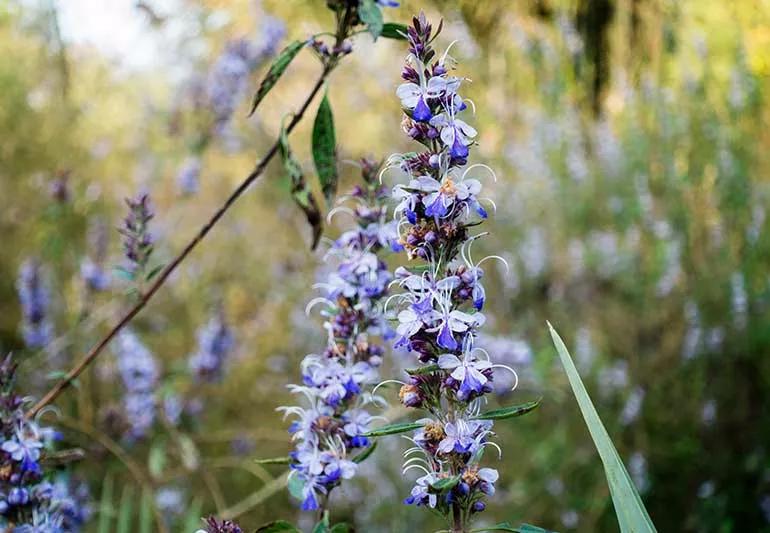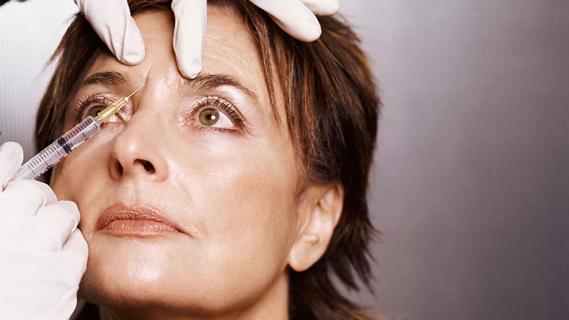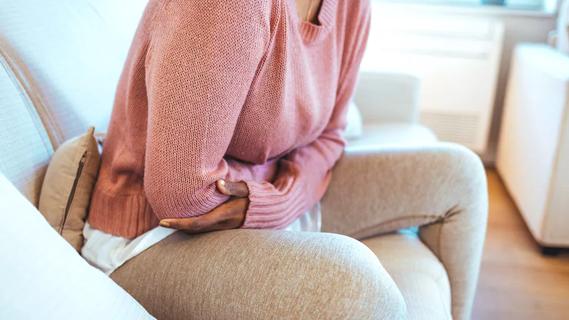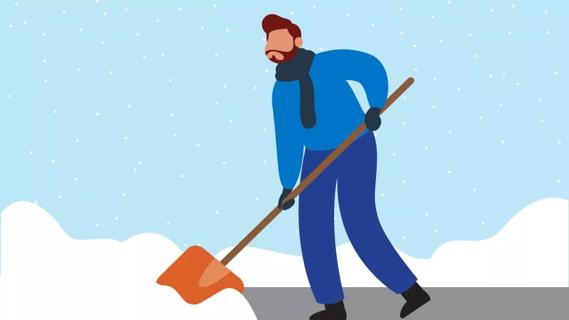It may help with hormonal issues, like PMS, irregular periods and breast pain

Riding a hormone rollercoaster is no fun. Feeling cranky and out-of-sorts can happen whether you’re dealing with your menstrual cycle or long past those days. And for some, hormonal ups and downs can cause problems like painful periods and even infertility.
Advertisement
Cleveland Clinic is a non-profit academic medical center. Advertising on our site helps support our mission. We do not endorse non-Cleveland Clinic products or services. Policy
Chasteberry is a natural remedy that may help. People have used it for thousands of years to relieve symptoms related to hormonal issues. Functional medicine specialist Sobia Khan, MD, shares what chasteberry does and provides tips for trying it.
Chasteberry is the fruit from the chaste tree, which is native to the Mediterranean region and Asia. Its scientific name is Vitex agnus-castus.
In Germany, healthcare providers regularly prescribe it for menstrual cycle irregularities, period-related breast pain and premenstrual syndrome (PMS). In the U.S., chasteberry is available over the counter in:
Chasteberry works by reducing inflammation and balancing hormones. “It helps with conditions where your estrogen and progesterone levels rise and fall,” Dr. Khan says.
Researchers don’t know exactly how it works, but studies have shown that it has medicinal properties.
Tired of feeling less than your best the week before your period starts? One study found that taking a daily chasteberry tablet (20 milligrams) for three months significantly reduced PMS symptoms. Chasteberry helps with:
Advertisement
Chasteberry can be especially helpful for mood swings, Dr. Khan says. “PMS causes some people to feel depressed or irritable, but you can’t take an antidepressant for a few days and expect it to help. Antidepressants have to build up in your system. But you can take chasteberry as needed. It’s an anti-inflammatory that helps calm down hormones and lessen PMS-related mood changes.”
Infertility (inability to get pregnant) has many causes. One of them is an issue with the luteal phase of the menstrual cycle. This stage happens between ovulation (when your ovaries release an egg) and the beginning of your period (when you start to bleed).
During the luteal phase, levels of the hormone progesterone increase. This causes the lining of your uterus to thicken in preparation for a potential pregnancy. If you don’t produce enough progesterone, your uterus can’t support a pregnancy.
Luteal phase issues are often linked to conditions that cause menstrual irregularities, including:
Studies on chasteberry for infertility are promising but still in progress. Researchers found that it:
You’ve reached menopause when you haven’t had a period for 12 months in a row. And even though it seems like that would end the hormonal rollercoaster, you may still be in for one last loop. Low levels of hormones during menopause can still cause symptoms, including hot flashes and depression.
Research suggests that chasteberry might help reduce menopausal symptoms by reducing the frequency of hot flashes and night sweats and improving your mood. This may be because chasteberry contains phytoestrogens, natural substances that mimic estrogen (the hormone that your ovaries stop making after menopause).
Chasteberry may cause mild side effects for some people. “If you take it and your body doesn’t need it, or you’ve taken too much, it can lead to nausea and stomach issues,” Dr. Khan warns. It can also cause headaches.
You should always check with a healthcare provider before taking chasteberry, as it can come with other risks, too:
Advertisement
Chasteberry has proven benefits for problems triggered by the ebb and flow of hormones. For many, it’s an option that works to ease uncomfortable symptoms.
You should always talk to a healthcare provider before taking any new supplement. And there are a few key things you should know about chasteberry supplements, in particular, before starting them.
Unlike other herbal remedies, it’s relatively easy to find a good formulation of chasteberry in the U.S., Dr. Khan notes. If you’d like to try it, do some research to find a reputable brand that’s tested by an independent, third-party lab.
And keep in mind that different formulations can treat different conditions. Ask your healthcare provider which formulation is right for your needs.
As with any vitamin, supplement or medication, it’s important to take the right amount of chasteberry for you — and as is often the case, this means starting with the lowest possible dose.
“People tend to take the dosage that’s written on the bottle, but that number is not necessarily what’s best for you,” Dr. Khan advises. “That’s just the amount you can take without it being toxic. It’s better to start with the lowest dose and build up from there.”
Allow two days before increasing your dosage or adding a new supplement to your routine so you have time to notice if the change leads to improvement or side effects.
Advertisement
You don’t have to use chasteberry every day to experience its benefits. “For instance, during PMS, you may take it three times a day, according to the dosage,” Dr. Khan says. “But as your period is ending, take two, then one and then stop taking it if you feel fine.”
Advertisement
Learn more about our editorial process.
Advertisement

Bleeding is a risk and warrants taking care, but the reward of this lifesaving medication is great

Severe and debilitating headaches can affect the quality of your child’s life

With repeat injections over time, you may be able to slow the development of new wrinkles

Although it can be alarming, it’s normal to experience blood clots during menstruation

Stretch before heading outside, keep proper form and avoid jerking or twisting to throw snow

Type 2 diabetes isn’t inevitable with these dietary changes

Applying a hot or cold compress can help with pain